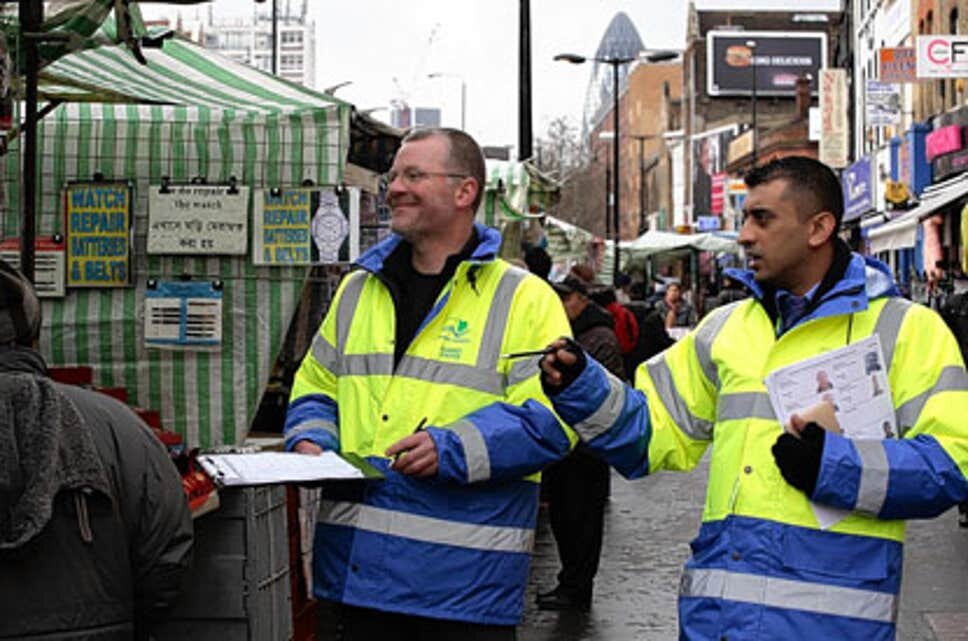This is a supplement to “Undercover Boss’s Travels: Comparing the US and UK Shows” by ILANA GERSHON. Read the article here.
In this article, Ilana Gershon compares different versions of Undercover Boss to reveal national differences through a textual comparison. She argues that each version portrays distinctive approaches to three issues: (1) what can be known about people as social actors; (2) what is portrayed as ethical or appropriate workplace relationships; and (3) what kinds of tacit critiques of contemporary capitalism are possible.
Discussion Questions
What would a CEO of a company learn if he went undercover where you work and you were training him?
Watch an episode of the British Undercover Boss:
Are middle managers mentioned in this episode, and if so how? What image of middle managers do you get from watching these interactions?
Do the entry-level workers have any insights about how work should be done? How are these suggestions treated?
If the episode focuses on what it means to work for the city council, what ideas about what government can and should provide citizens do you see? How do you think this would be different than a US episode?
Image source: https://www.imdb.com/title/tt0446809/fullcredits
Watch an episode of an Australian documentary show (like Hardliners) and an American show (like Deadliest Catch). Compare the two—how is the ship hierarchy portrayed? What are the different ideas the shows offer about what work is and what good work is?
Image source: https://usa.newonnetflix.info/info/70157130
What other shows or movies have you seen that have as a major plot point someone switching hierarchical positions with someone else? What lessons are being taught in these shows or movies about social inequality or gender or race? What does the show consider a good ending? What would you consider a satisfying ending and why?
Watch the Undercover Boss sketch from Key & Peele (above). What would Gershon want to point out about this based on her article? How is it parodying the American version in particular? What would a similar parody of the UK version look like?
Watch SNL’s Undercover Boss sketch (above). What are the moments in which you think the clip reflects a sentimental imagination? What are the moments in which you think an organizational imagination dominates?
Image source: https://usa.newonnetflix.info/info/80118486
UPDATED JULY 5, 2020




